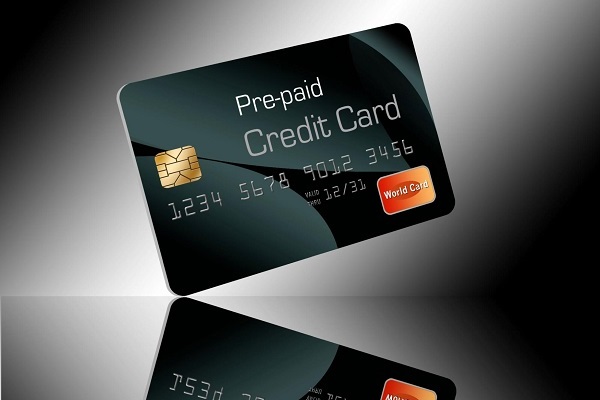Finance
What are the Consequences of High Credit Card APR?

Interest rates on APR credit cards are relatively high when compared to other kinds of debt, such as loans. In comparison, save for 0% promotional deals, all credit cards have significant APRs. However, there is a limit beyond which credit cards have much higher interest rates.
- At the moment, the average credit card APR is roughly 16%.
- APRs on reward credit cards are often higher, averaging more than 16.25%.
- If you have weak credit, you will also have a higher APR; the average total APR is more than 25%.
The interest rates for your accounts may be seen on your monthly APR credit card statement. They’re often listed in a table in the first section of your statement. Compare the aforementioned rates to your credit card interest rates to discover whether they are high.
Remember that even if your credit card number prices are comparable to those listed above, they are still exorbitant. Even though your APR credit card is typical, there may be more economical ways to pay off your debt. Examine the consequences listed below and carefully examine your alternatives to create an effective plan to remove credit card debt.
Consequences of Having a High APR
- The major effect of a high APR credit card is that if you carry a balance on your card, you will wind up paying more in interest. This is because the higher your APR credit card number, the quicker your amount will increase and the longer it will take to pay off your debt.
- A high-interest rate might also make it harder to get a new credit card or loan. This is because lenders often examine your APR when deciding whether or not to accept you for a new account. If you have a history of high APRs, you may be considered a higher risk and less likely to qualify for new loans.
- Finally, a high APR might damage your credit score. That’s because your credit usage ratio, which is the amount of debt you have relative to your credit limit, is one of the elements used to calculate your credit score. The higher your credit usage ratio, the worsen your credit score. So, if you hold debt on a card with a high APR, you will not only pay extra interest, but you will also harm your credit history.
How can You Keep Your APR Low?
The tax you’ll accrue on your credit card debt if you don’t pay it off completely each month is expressed as an APR, or annual percentage rate. It may be challenging to pay off your balance and expensive to do so due to high-interest rates. There are a few actions you may do to lower your APR.
Look for a Credit Card with a Lower APR
You may prevent getting a high APR credit card by doing a few things. The first step is to look for a credit card with a reduced APR. You may accomplish this by browsing for credit cards with 0% APR introductory periods. These tariffs are typically valid for 6-12 months before increasing. Another possibility is to hunt for a card with a low continuing APR. These rates are typically between 10-15%. If you have strong credit, you might be able to get a card with an even lower interest rate.
Pay off Your Entire Balance
Paying your debt in full every month is one of the greatest methods to prevent a high APR. This way, you won’t be charged interest on your balance and will simply have to pay the yearly fee (if there is one). If you are unable to pay your amount in full each month, you should make an effort to pay more than the monthly payment. This will allow you to pay off your amount more quickly and avoid incurring a lot of interest.
Transfer Your Balance to a Card with a Lower Interest Rate
If you have debt on a credit card with a high-interest rate, you may be able to transfer it to another credit card with a reduced interest rate. This can save you money on interest and allow you to pay off your debt faster.
You will need to discover a credit card with a reduced APR and enough available credit to handle your debt transfer to do so. You should also be aware of any costs linked with the balance transfer since these might counteract the savings from the reduced APR.
Summing Up!
With average APR credit card interest rates approaching 19%, the simplest thing people can do is manage their debt intelligently. They should also do their homework to guarantee they are obtaining a rate that is at the lower end of an APR credit card number.
The rate you receive is mostly determined by your credit score, but you may be able to negotiate your rate if you contact a customer care agent. So now is a fantastic time to try to get the best interest rate you can.
-

 Food11 hours ago
Food11 hours agoHow to Lose Weight Fast: The Best Drink Recipes for Rapid Results
-

 Education11 hours ago
Education11 hours agoUnlocking the ASUS Student Discount on Reddit: A Comprehensive Guide
-

 News4 hours ago
News4 hours agoUnfiltered: Behind the Headlines with Page Six
-

 Banking8 hours ago
Banking8 hours agoUnlock Your Financial Potential with SoFi High-Yield Savings


















